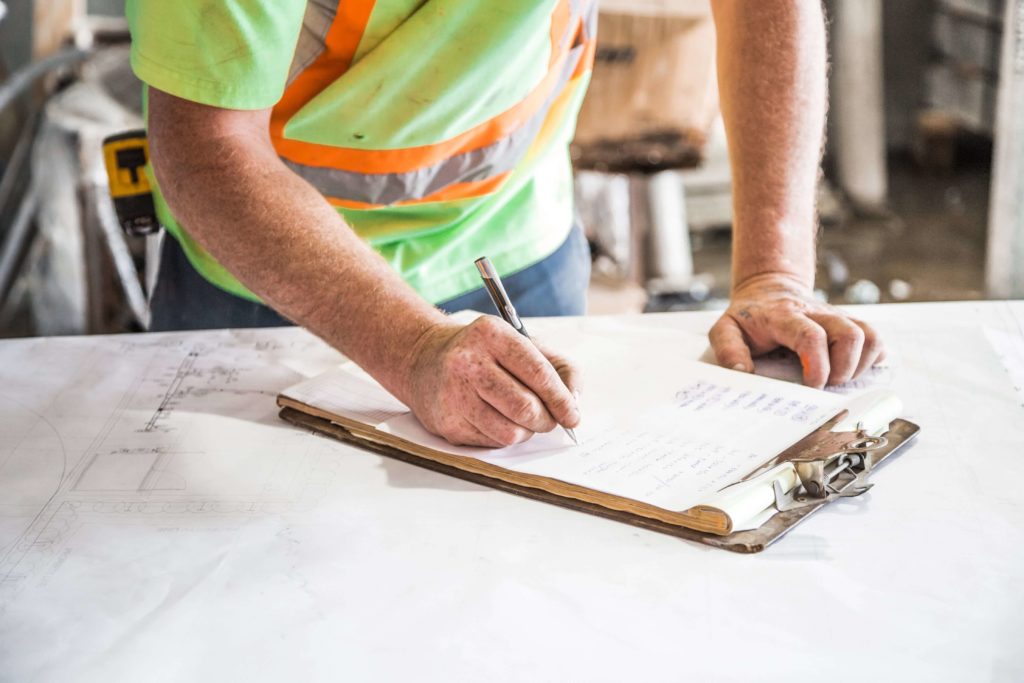
A residential construction project can leave a homeowner feeling frustrated because the contractor has fallen behind on the agreed-upon terms of the project. Frustration can morph into anger when a delayed residential construction project begins to cost you money. If the general contractor managing your home improvement project has fallen behind on the agreed-upon schedule, working with a construction attorney can help you get the project back on track.
Let’s see what you can legally do when construction takes too long.
Refer to the Project Contract
Everything you do to address a general contractor taking too long on your construction project revolves around the business contract both parties signed before the start of the project. An experienced construction attorney helps you draft a business contract that defines the steps you can take to keep the project moving forward in a timely manner.
Maintain Accurate Timeline Records
One of the most effective ways to persuade the general contractor managing your home improvement project to pick up the pace is to keep accurate records of the progress made on the project. At the end of every workday, take photos of your home to create evidence of the work the contractor has completed. Without physical evidence, the progress of the home improvement project comes down to your word against the word of the general contractor.
Withhold Compensation
Money is the ultimate motivator and withholding it should motivate the general contractor hired to manage your residential construction project to follow the agreed-upon schedule listed in the business contract. If the general contractor is not showing up to work or causing unnecessary delays, resolving the construction dispute can be as easy as not paying the contractor.
Just make sure there is a clause in the construction contract that clearly explains what happens if the contractor falls behind on the agreed-upon work schedule.
Hire a Different General Contractor
Much of the leverage you have with a contractor comes from the legal language written into the business contract that is developed from business and commercial law. A state-licensed construction attorney can help you draft a business contract that allows you to hire a different contractor if certain events unfold, such as the current contractor falling behind schedule on the completion of your home improvement project.
Consult with a Construction Attorney
If the general contractor hired to oversee your home improvement project refuses to follow the work schedule defined in the business contract, contact a construction attorney to determine the best course of action. You might be able to take legal action depending on the terms both parties agreed to in the business contract. Your construction attorney might recommend taking your case to small claims court or if the delays have cost you enough money, file a civil lawsuit that seeks monetary damages.
Be Proactive
You can prevent construction delays from causing your construction project to fall behind schedule by hiring the right general contractor. Conduct research by reading the reviews left online on sites such as Yelp and Google, as well as reviewing the Better Business Bureau (BBB) page devoted to each general contractor on your shortlist of candidates.